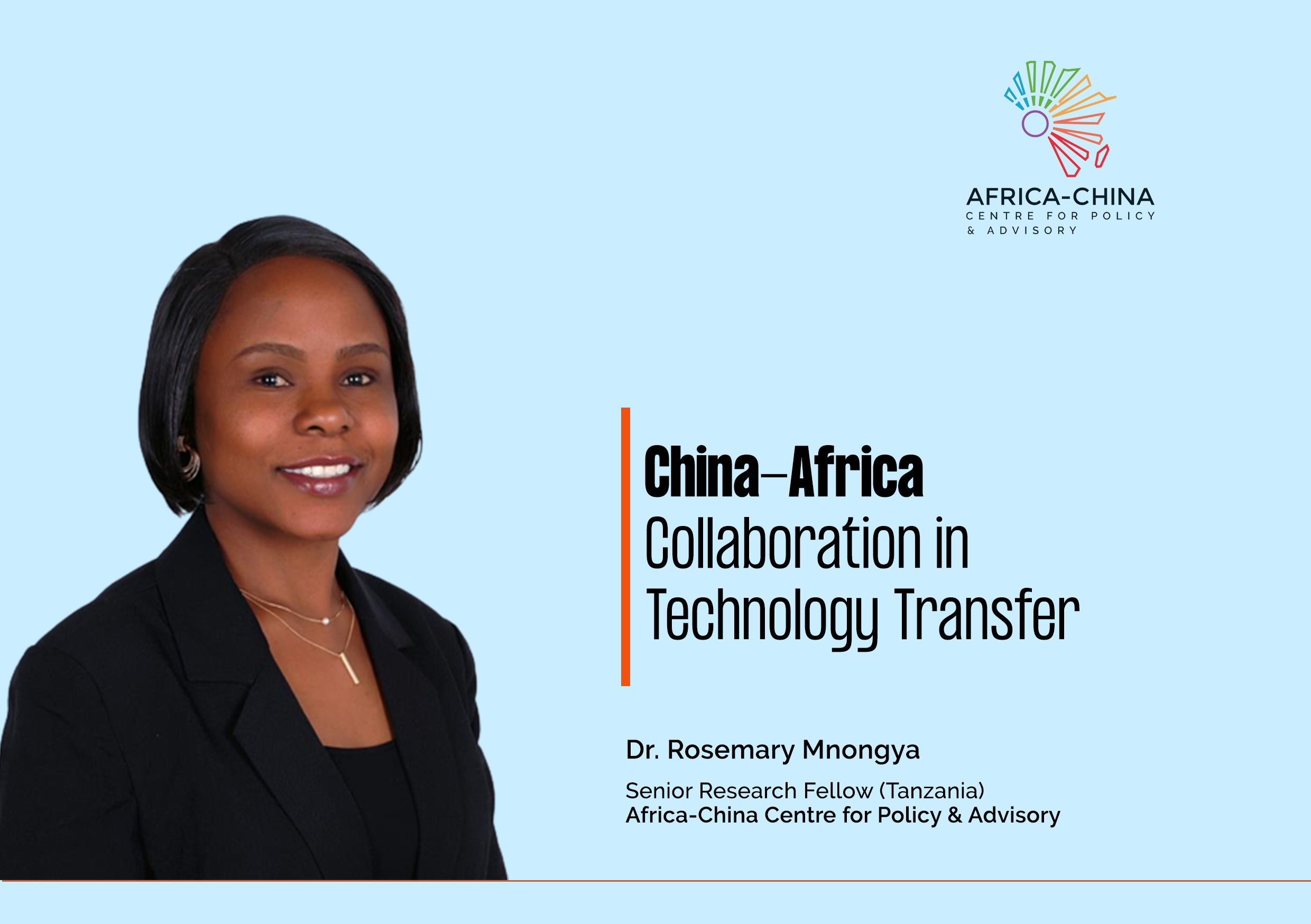China’s collaboration with African countries in technology transfer has been a topic of interest for many years. As one of the world’s leading technological powers, China has made significant strides in developing and implementing cutting-edge technology in various sectors. In recent years, China has increased its involvement in African countries, partnering with them to promote technological advancement and transfer.
China’s partnership with Africa dates back to the 1950s, with the primary objective of promoting political and economic relations. However, over the years, the focus has shifted towards technology transfer and development. China’s growing involvement in Africa’s technological advancement is a result of a number of factors, including the need to access natural resources, grow its market, and increase its global influence. China has been involved in several initiatives aimed at promoting technology transfer in African countries. One such initiative is the China-Africa Science and Technology Partnership Plan (CASTPP).
The plan was launched in 2009 and aimed to promote technology transfer and collaboration between China and African countries. The strategy intends to strengthen Africa’s technological capability and promote sustainable development across a number of industries, including infrastructure, agriculture, and health.
Since its founding, CASTPP has funded collaborative research initiatives, encouraged the exchange of scientific knowledge and skills, and offered training courses for African scientists and technicians. Additionally, it has made it possible for Chinese corporations to establish R&D facilities on the continent and invest in African tech firms.
To date, China has provided over USD 60B in funding to various initiatives in research and technology development in Africa, with South Africa, Egypt, Kenya, Morocco, Nigeria, and Ghana leading the way.
Through this initiative, China has provided funding for the construction of research centers and the provision of research equipment in various African countries. China has also provided training for African scientists and technicians in various fields, including biotechnology, space technology, and satellite communications. Additionally, China has facilitated the exchange of scientists and researchers between China and Africa.
China has also been involved in various infrastructure development projects in Africa, including the construction of railway lines, highways, and ports. These projects have been critical to improving connectivity and promoting trade between China and African countries. They have also provided opportunities for technology transfer, with China sharing its expertise in construction and engineering with African countries.
One of the key areas of collaboration between China and African countries has been in the field of renewable energy. China has been at the forefront of renewable energy development, and it has been actively involved in promoting renewable energy in African countries.
Through initiatives such as the China-Africa Renewable Energy Cooperation, China has provided funding and technical support for renewable energy projects in African countries. In this regard, a $20 billion credit line to African countries to support renewable energy projects was announced in 2018.
This has resulted in the installation of over 5,000 MW of renewable energy capacity in Africa, accounting for over 22% of the continent’s total installed capacity as of 2022. It is estimated that the energy transition could boost employment in renewables from around 350,000 in 2020 to over 4 million by 2030 and over 8 million by 2050.
China has also been involved in providing solar power solutions in Africa, which has been critical in providing access to electricity in remote areas. The Chinese solar power companies have also set up manufacturing plants in Africa, creating employment opportunities and promoting technology transfer.
China has also been involved in providing assistance in the development of Africa’s information and communication technology (ICT) sector. Through initiatives such as the China-Africa Information Technology Cooperation, China has provided funding and technical support for the development of Africa’s ICT sector. China has facilitated the exchange of ICT experts and provided training for African ICT professionals. Additionally, China has been involved in the construction of fiber optic cables in Africa, improving connectivity and promoting the use of ICT in various sectors.
However, China’s involvement in technology transfer in Africa has not been without challenges. One of the key challenges has been the lack of a comprehensive legal and regulatory framework governing technology transfer in Africa. This has led to issues such as intellectual property theft and unfair competition, which have negatively impacted technology transfer in Africa.
Additionally, there have been concerns over the quality of Chinese products and technology transferred to Africa. Some of the products and technologies provided by China have been of low quality, leading to issues such as project delays and increased maintenance costs. There have also been concerns over the environmental impact of some of the infrastructure projects initiated by China in Africa.
In summary, China’s collaboration with African countries in technology transfer has been critical in promoting technological development and advancement in Africa. Through initiatives such as the China-Africa Science and Technology Partnership Plan and the China-Africa Renewable Energy Cooperation, China has provided funding and technical support for various projects in African countries.
Written by: Dr. Rosemary Mnongya, Senior Research Fellow (Tanzania), ACCPA





